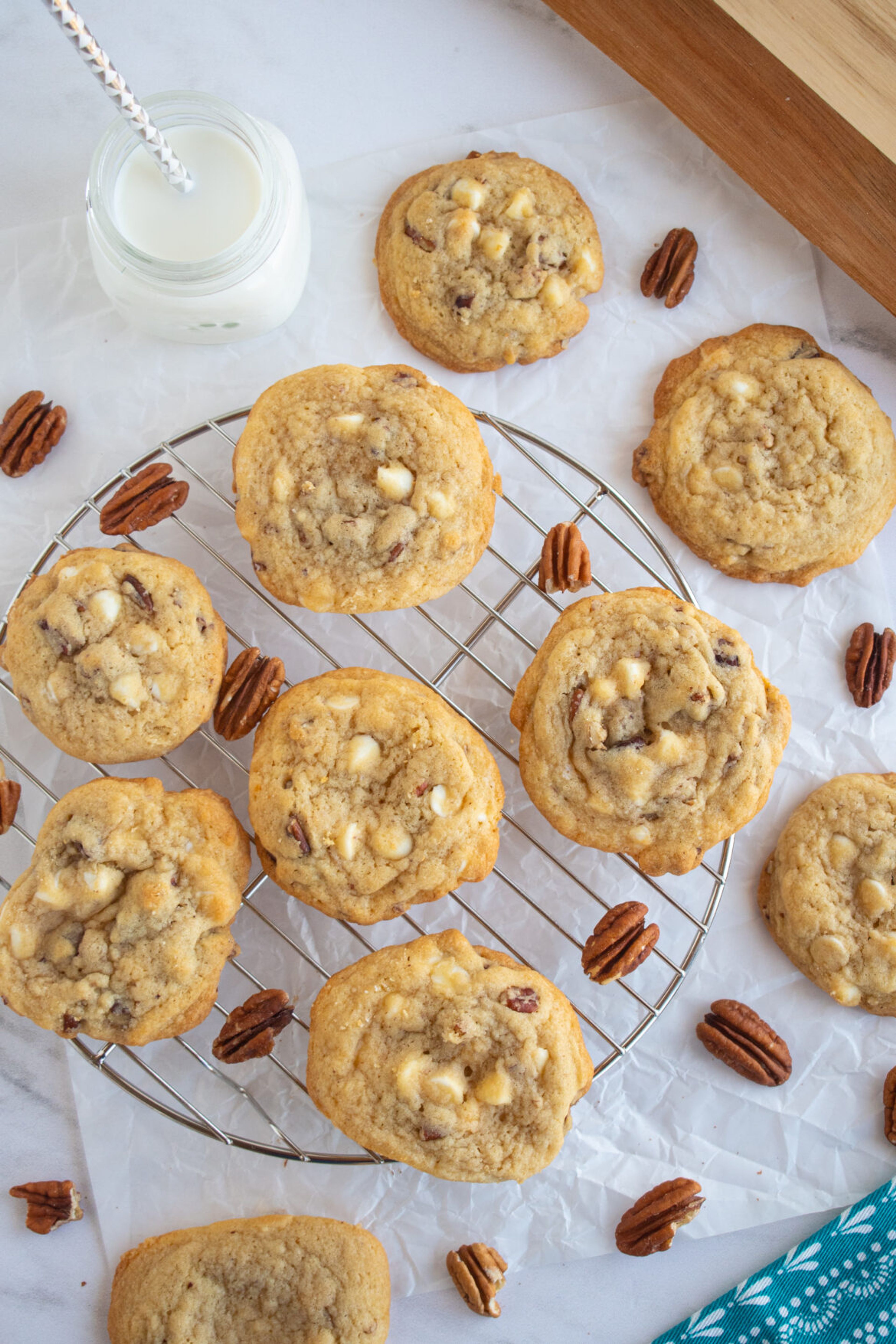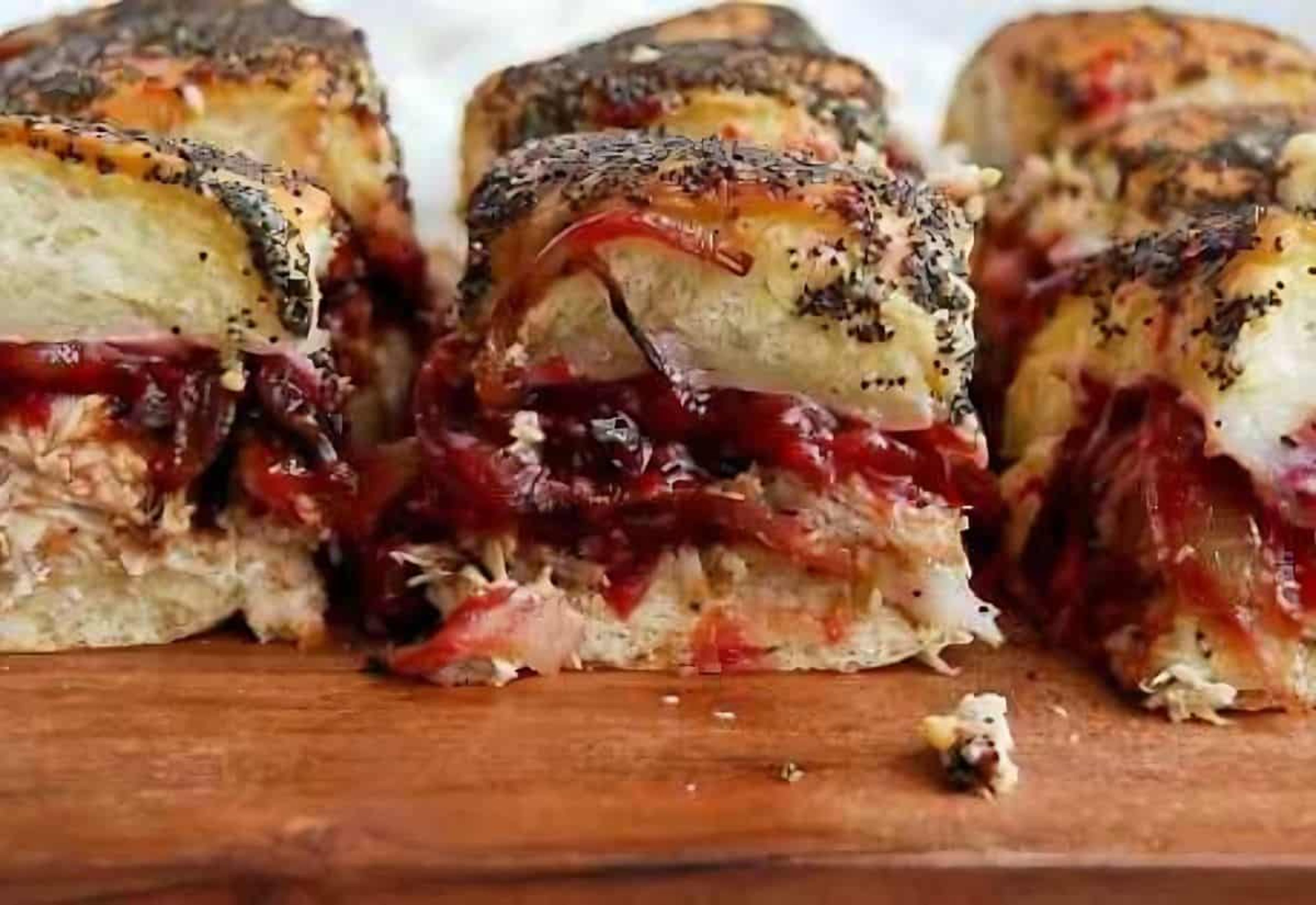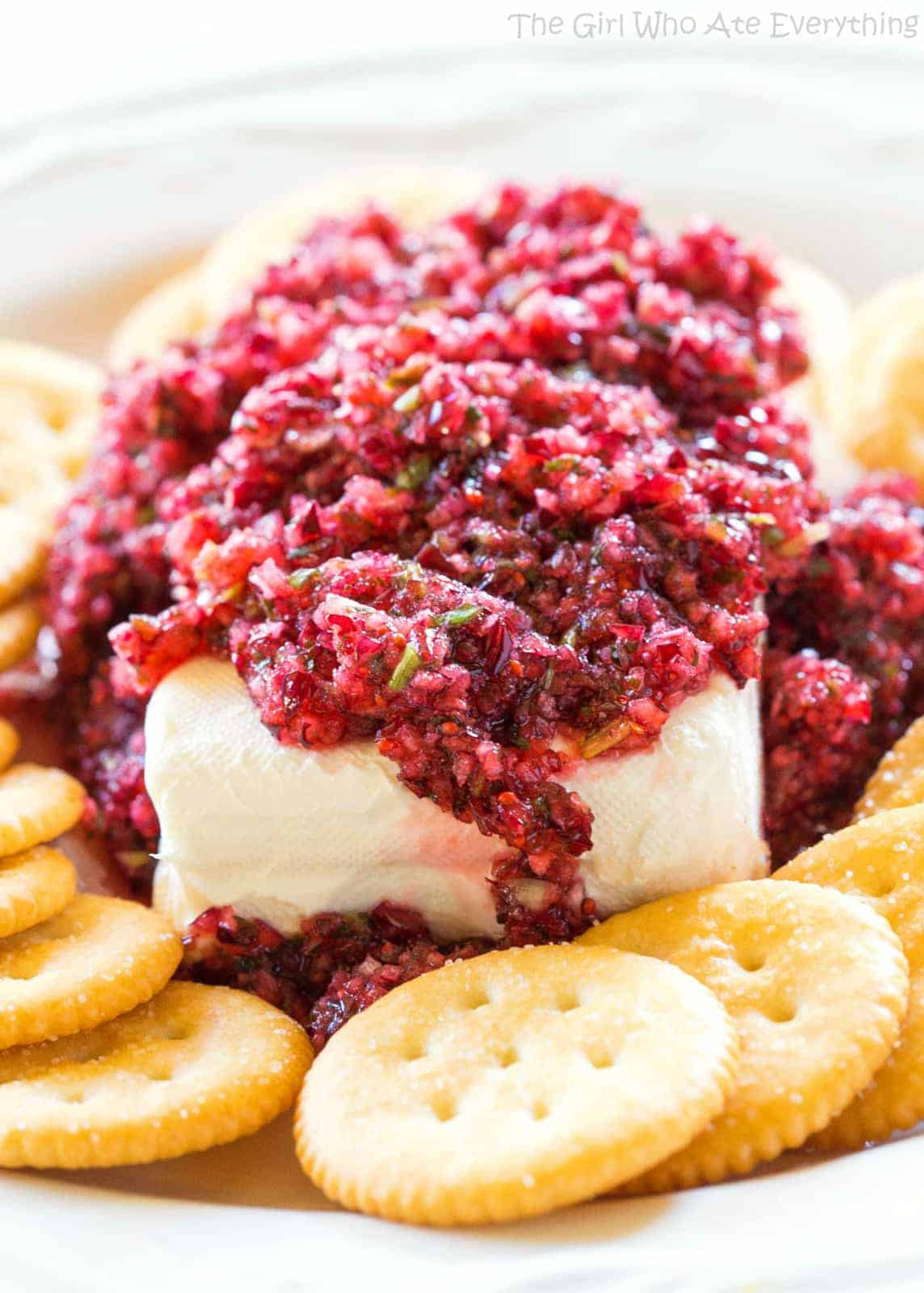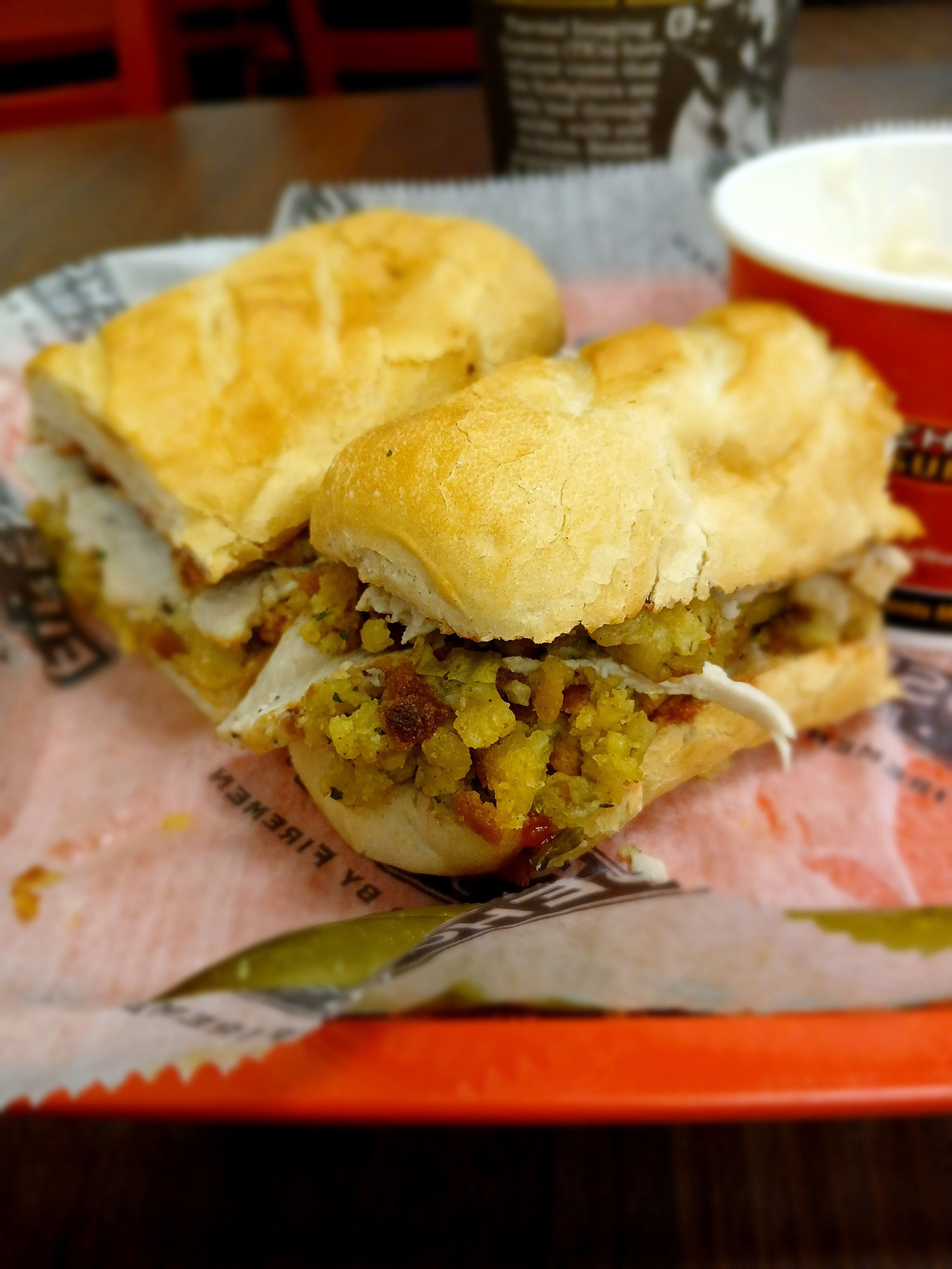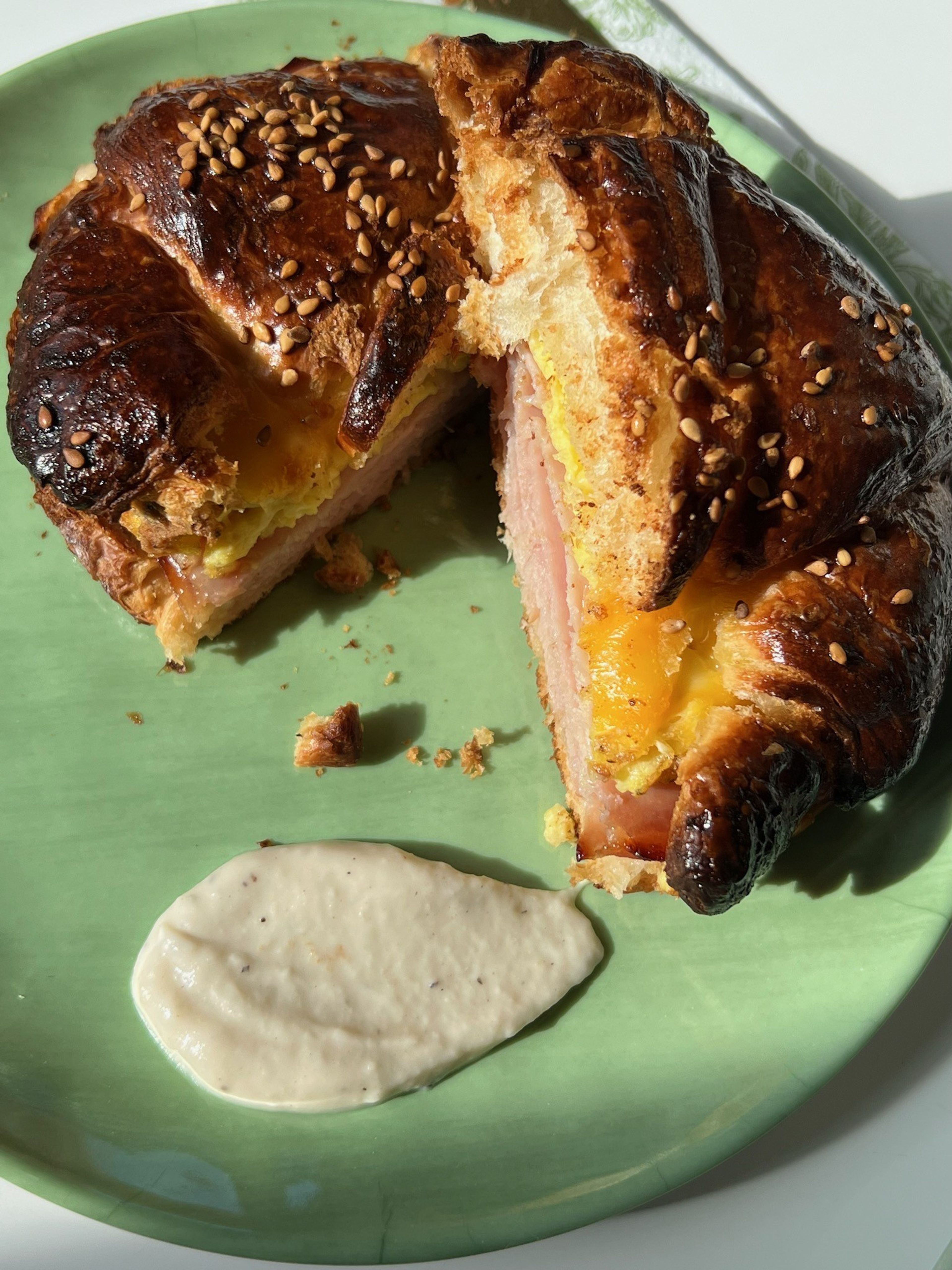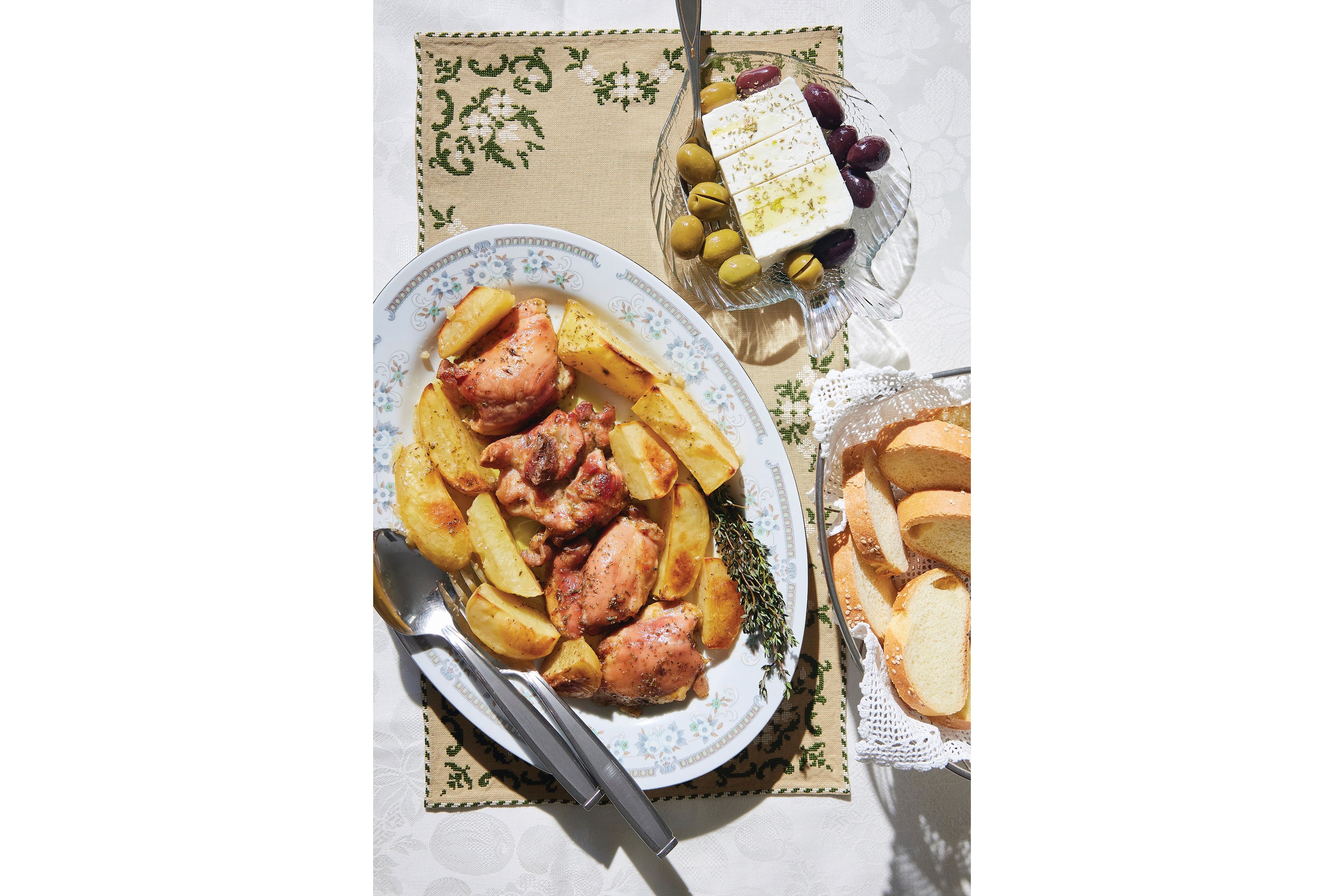I never expected to find an article on cottage cheese in The Wall Street Journal, on the front page no less. But there it was a few weeks ago, with a headline announcing, "Whey Cool: Gen Z Discovers Cottage Cheese." The article explained that cottage cheese has become the new "it" food, at least among young people who are apparently discovering it for the first time.
The newspaper credits TikTok with helping to make the food, familiar to an older demographic, popular once again. More than 300 million viewers have latched onto TikTok for cottage cheese recipes.
While cottage cheese might understandably be novel to zoomers, as William Kaufman notes in a book written before any of them were born, cottage cheese is perhaps the oldest food known to humankind, other than butter. It had its heyday in the '70s when it became a billion-dollar business, no longer a cottage industry despite its name. As the Oxford Companion to Food observes, "Any connection between it and cottages can only be historical." It's made in factories now, which some connoisseurs contend has resulted in a bland product, i.e.. Kraft cheese is not craft cheese.
But in the '80s yogurt eclipsed cottage cheese, a reality you can easily discern by taking a look at the shelf space devoted to either product at the grocery store. Thanks to social media, however, this is changing. Bored with yogurt, Gen Z is finding all kinds of novel ways to use cottage cheese as the industry looks for ways to make the product sexier, or as they put it, to "uncottage" cottage cheese.
Frankly, some of these strike me as a bit freakish. For instance, millions have flocked to TikTok to learn how to make cottage cheese ice cream, which at least one reviewer reports tastes pretty much like frozen cottage cheese. Another recipe is for chocolate chip cookie dough laced with cottage cheese. Even Ruth Wakefield, putative inventor of the Toll House cookie, might not find that tempting.


For some reason cottage cheese has always been the target of such attempts to make it appear something other than itself. Kaufman's book, published in 1967, contains a recipe for whole lobsters cooked and stuffed with cottage cheese. An earlier recipe, from the '40s, calls for prunes stuffed with cottage cheese served atop donuts whose centers have in turn been similarly stuffed.
Cottage cheese has a role to play in creamy pasta sauces, pancakes, dips and spreads, breads, lasagna (as a replacement for ricotta), and, I can assure you, cheesecakes. Before the invention of cream cheese in 1872, virtually all cheesecakes depended on it. But there's no need to disguise it. As Miss Muffet knew, the real thing can be pretty good.
Skillet Zucchini Lasagna
This recipe, adapted from the Real Food Dietitians (therealfooddietitians.com), is quick and easy, can be done entirely on the stove top, boosts flavor and nutrition by using zucchini instead of pasta, and features undisguised cottage cheese as a major ingredient.


- 1 pound Italian sausage
- 1/2 teaspoon salt
- 1/4 teaspoon pepper
- 2 medium zucchini, cut into ¼-inch round slices and halved (4 cups)
- 2 cups sliced mushrooms
- 1 cup diced onion
- 4 minced cloves of garlic
- 2 cups packed spinach
- 1/4 cup chopped fresh basil
- 1 jar (24 ounce) marinara sauce
- 1 tablespoon balsamic vinegar
- 1 cup shredded mozzarella cheese, divided
- 1 cup cottage cheese
- 1/2 cup grated Parmesan cheese
In a large skillet cook sausage with salt and pepper over medium-high heat, breaking up with a wooden spoon, and transfer to a paper towel. Add a bit of olive oil to the skillet and when heated add zucchini, mushrooms, onion, garlic, and salt and pepper to taste. Saute until onions are translucent and zucchini is tender. Stir in spinach and basil and cook for two minutes. Stir in marinara sauce, vinegar, sausage, and ½ cup mozzarella cheese. Dollop cottage cheese evenly over top and simmer uncovered for 10 minutes. Top with remaining mozzarella and the Parmesan. Cover and cook until cheese melts, or place under broiler until lightly browned. Remove from heat, let sit uncovered for 10 minutes, and serve with slotted spoon and additional Parmesan if desired.
Connect with the Southeast Missourian Newsroom:
For corrections to this story or other insights for the editor, click here. To submit a letter to the editor, click here. To learn about the Southeast Missourian’s AI Policy, click here.




